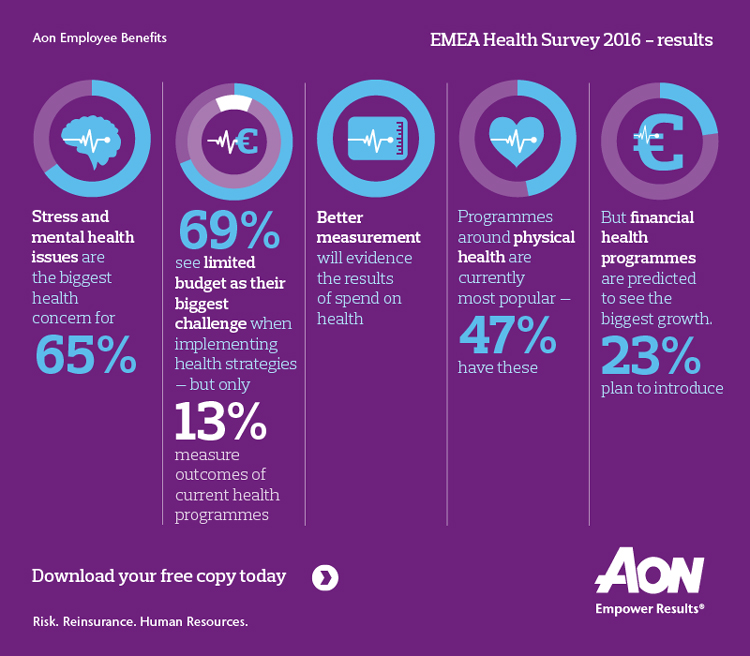Published by Gbaf News
Posted on May 26, 2016

Global Banking and Finance Review is an online platform offering news, analysis, and opinion on the latest trends, developments, and innovations in the banking and finance industry worldwide. The platform covers a diverse range of topics, including banking, insurance, investment, wealth management, fintech, and regulatory issues. The website publishes news, press releases, opinion and advertorials on various financial organizations, products and services which are commissioned from various Companies, Organizations, PR agencies, Bloggers etc. These commissioned articles are commercial in nature. This is not to be considered as financial advice and should be considered only for information purposes. It does not reflect the views or opinion of our website and is not to be considered an endorsement or a recommendation. We cannot guarantee the accuracy or applicability of any information provided with respect to your individual or personal circumstances. Please seek Professional advice from a qualified professional before making any financial decisions. We link to various third-party websites, affiliate sales networks, and to our advertising partners websites. When you view or click on certain links available on our articles, our partners may compensate us for displaying the content to you or make a purchase or fill a form. This will not incur any additional charges to you. To make things simpler for you to identity or distinguish advertised or sponsored articles or links, you may consider all articles or links hosted on our site as a commercial article placement. We will not be responsible for any loss you may suffer as a result of any omission or inaccuracy on the website.
Published by Gbaf News
Posted on May 26, 2016


Aon plc (NYSE:AON) says that its new Health Survey shows that 93% of employers across the Europe, Middle East and Africa (EMEA) region see a correlation between health and employee performance. However, just 13% of respondents measure outcomes of current employee health strategies and 69% say limited budgets are the biggest challenge to implementing health strategies.
The report is the first and largest of its type. Five hundred HR directors and risk managers responded from 22 countries across EMEA. Overall, the findings pinpoint areas for improvement and make recommendations to increase health benefits take-up, improve measurement on the impact of health initiatives and to maximise the return on investment that firms make in employee health.
Aon’s survey showed similarities, and marked differences, of organisational approaches to employee health across the EMEA region.
Sixty-five per cent of respondents agreed that stress and mental health are the health and wellness issues they are most concerned about today and for the future, although only 32% of employers have emotional/psychological health programmes in place. Fifty-three per cent say that employees’ physical health is the biggest issue, while unhealthy employee lifestyles are judged to be the biggest issue by 49%.
Mario Hooglugt, health leader of Aon EMEA, said:
“The fact that the vast majority of EMEA employers see a correlation between employee health and performance is encouraging. This thinking has quite rightly entered the corporate psyche, a far cry from a few years ago. However, this journey needs to continue to progress. Now it’s about putting a strategy in place to support employees as well as measuring a programme’s performance to ensure that it benefits corporate objectives effectively.”
Matthew Lawrence, head of broking and proposition for health and risk at Aon Employee Benefits, said:
“With stress and mental health issues commonplace and the biggest recognised health issue for employers, it is disappointing to see that less than a third of respondents are addressing this with emotional or psychological health programmes. Helping to support the mental wellbeing of employees is crucial if they are to remain happy, present and productive.
“Financial health is a growing topic of conversation and predicted to be the largest growth area in terms of employer-provided health programmes. We are certainly witnessing the more progressive employers implementing programmes that integrate the physical, emotional, social and financial aspects of wellbeing. Many employers understand that a person’s financial issues impact their wellbeing, stress-levels and ability to perform, and indeed 23% of employers are looking to put programmes in place to help employees manage money more efficiently. Overall, using data and analytics to make informed decisions based on an organisation’s unique needs and circumstances can effect change on employee health and employer costs, and help shape the employer’s strategy going forward”.

The study also showed remarkable differences in regional challenges:
The study also showed that employer priorities include increasing productivity and employee performance (52%), attracting and retaining talent (51%), improving employee engagement (49%) and reducing or managing costs (44%). Employers are far less concerned about tackling long-term absence (4%), developing corporate social responsibility (4%) and managing job mobility (7%).